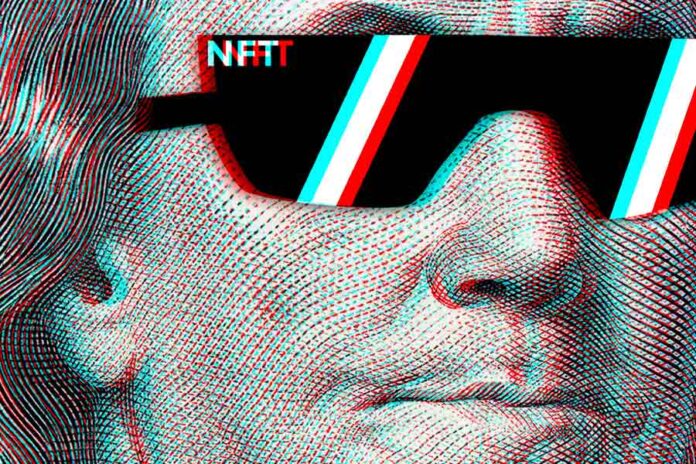With the Hong Kong government’s embrace of cryptocurrencies and attempts to include them in the regulatory system last year, its policy U-turn has injected increasing enquiries to local lawyers.
A Hong Kong-based virtual asset specialist at Baker McKenzie, Joy Lam, said she has seen “significant sustained growth” in enquiries for virtual asset services in Hong Kong during the past three months, involving operator licensing, market infrastructure, financial services, fundraising via tokens and equity, setting up decentralised autonomous organisations, and traditional financial institutions pivoting to digital assets investment and distribution.
“We have seen an increasing number of clients being more eager to become licensed, rather than to structure their business in a way to avoid licensing requirements, as they believe that being regulated in a leading international financial centre will significantly bolster client confidence and therefore business growth,” said Lam.

The Hong Kong administration’s drive to promote virtual assets in the final quarter of 2022 appeared to be aggressive with a series of announcements.
Firstly, top regulators announced at Fintech Week in October last year advocating for the city’s bounceback as a virtual asset financial hub, which was followed by plans to launch the world’s first cryptocurrency green bonds issued by a government in the near future.
Last but not least, the Hong Kong Legislative Council passed an amendment in December last year to impose a new licensing regime on virtual asset service providers.
The new regulatory regime will come into effect in June this year, when virtual asset trading platforms will be required to submit their audited accounts and financial information to the Securities and Futures Commission (SFC) on a regular basis. This practice is a similar requirement for conventional financial institutions and the SFC will also have the right to enter their business premises to investigate if necessary.
Details of the new bill are still in the consultation stage with industry players, and the biggest change is expected to be the green light on retail investors trading with licensing operators. The current regime only allows virtual assets to be traded by professional investors, who are institutional or individual investors with at least HKD8 million (USD1 million) in liquidity.
“Given the rapid pace at which crypto-related products and services are evolving and being adopted, new legislation targeting this nascent asset class necessarily needs broad flexibility so that financial innovation can continue apace while balancing the protection of investor interests,” said Baker McKenzie’s Lam.
Hong Kong is still using the SFC’s definition of virtual assets from 2018, which does not fully cover the recent boom in non-fungible tokens (NFTs) and needs to be analysed on an issue-by-issue basis.

Kristi Swartz, head partner of the fintech practice at DLA Piper, predominately advising on regulations and licensing in the past five years, said “Extra caution should be taken in its [new regime] implementation so that the focus is on the activities, not on the products.”
“Considerations need to be given with respect to who these virtual asset products can be offered to as protecting retail clients is paramount,” she added.
Swartz also suggested that upcoming financial regulations should be extended to apply beyond virtual asset exchange operators, as well as a more flexible and broad definition of product types.
The unveiling of Hong Kong’s fintech ambitions to the world coincided with the fall of FTX, the world’s second-largest virtual currency trading platform. FTX founder Sam Bankman-Fried, allegedly misappropriated customer funds, resulting in the company being out of business.
But this was just the onset of a cold winter for the global virtual currency industry. One of the largest US-listed bitcoin miners Core Scientific filed for bankruptcy on December 20 last year, and crypto exchange Coinbase halted Japan operations on 18 January, the same day that another platform Bitzlato was charged with laundering more than USD700 million of illicit money.
The FTX debacle has led to regulators in several regions to take a stricter approach to virtual assets, but Swartz says many jurisdictions are instead being proactive, citing the example that only Dubai currently has the world’s first independent regulator for virtual assets, the Virtual Assets Regulatory Authority (VARA), which was set up last year.
“I think this is the best time to introduce and implement the regulatory measures, given the recent FTX incident and the impact it has on the global virtual asset market,” said Swartz. “The key is on the balance of the approach, the level of regulation and reporting/monitoring.”






















